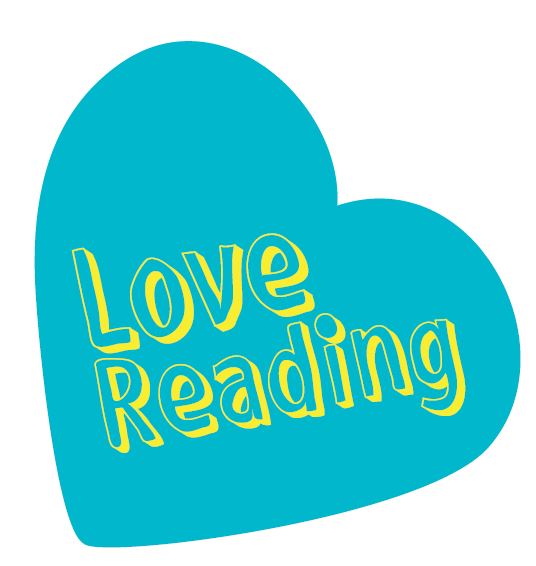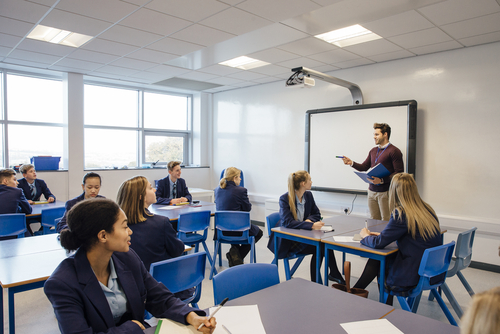- This sounds obvious, but be really clear that children who enjoy reading will ‘do better’ academically, and particularly in reading. Target enjoyment every day. We’ve written tips on this; please look at those, and those by others, and remember that the right book at the right time can turn anyone into an enthusiastic reader.
- One of the best ways to ensure reading improves is simply to do more of it, in all its forms. Plan for reading opportunities throughout your week. Bring at least a little shared reading into virtually every literacy lesson, and into many humanities sessions too. Where else might whole-class, guided group, 1-1 and independent reading be slotted into lessons? Children who learn to read across the curriculum will benefit from the purposeful practice, and be better equipped to access all subjects in the next phase of their learning.
- Just because children have come off the tiered reading programme, this doesn’t mean we can stop monitoring their reading. Too many children stop reading once they are off the scheme – for all sorts of reasons. Record their reading choices; ensure they have a book on the go; consider rewarding the completion of books. If KS2 children stop reading regularly, their progress in reading, and other subjects, will slow and may even stop!
- Draw out a ‘Simple View of Reading’ graph, with ‘word reading’ running horizontally and ‘language comprehension’ vertically bisecting it; put the names of all your children on it, thinking of the mid-point as ‘age-appropriate expectations’. Notice that some children are better at word-reading than understanding, and vice-versa; some find it all hard. Target support appropriately for all four corners, and assess half-termly: “Have I moved anyone yet?”
- 1-1 reading is time-consuming, but it is probably the single best strategy for progress in word reading and must be planned for. Make best use of your time by ‘RAG-Rating’ children for 1-1 reading, where children in the Red column are prioritised for 1-1 at every possible opportunity, Green children are heard incidentally (e.g. reading something aloud in a topic lesson), and Amber children are somewhere in the middle.
- Fit more 1-1 reading into the week by making it as cross-curricular as possible – that way, children can still be learning about Egyptians, continents, etc while receiving word-reading support. And if your school doesn’t have topic resources that your poor word-readers can access, that must be addressed urgently, as those children are being disadvantaged in cross-curricular learning!

- Guided reading can be very powerful in developing comprehension, but the teacher must know the piece of text to be scrutinized very well: she should have read it thoroughly and have a clear idea of how it works. Asking questions that develop understanding is often easier than we think, as they boil down to: What’s it about? (And what’s it really about?) What is the author doing? And, what’s your reaction/ how does it make you feel? Of course, always require evidence, at all ages and stages!
- Make guided reading cross-curricular, so that you can target the ‘poor-comprehenders’ with extra group discussion about text during the week. Having sets of topic books is essential, and having the group explain what they’ve learnt during the topic lesson makes this is one of the most purposeful and effective ways of exploring information texts.
- Frequently plan such that guided reading and your main literacy focus work to support each other (author studies notwithstanding): if you’re writing a traditional tale, that should be the GR focus; if you’re writing information leaflets about minibeasts, look at information leaflets in GR; if you’re writing limericks…you get the idea!
- A whole-class story is a powerful and wonderful part of children’s development as readers, but it can be the case that your ‘poor comprehenders’ aren’t always following it well! Try pre-teaching the next bit with those children, in a guided reading style; similarly, revisit parts of the class story in guided reading, to ensure children really ‘get’ what’s going on.
- If children are good word-readers (whether or not they are strong comprehenders) try having them pre-read the guided reading text, so that the GR session itself can focus entirely on developing comprehension.
Lindsay Pickton and Christine Chen


